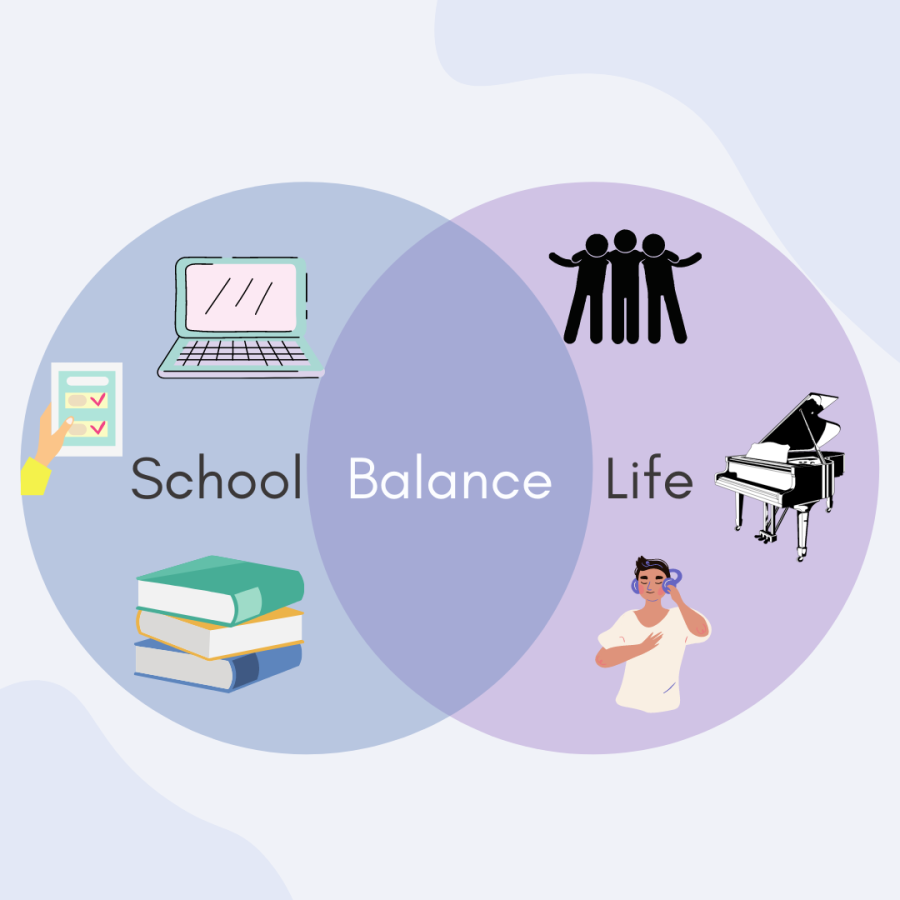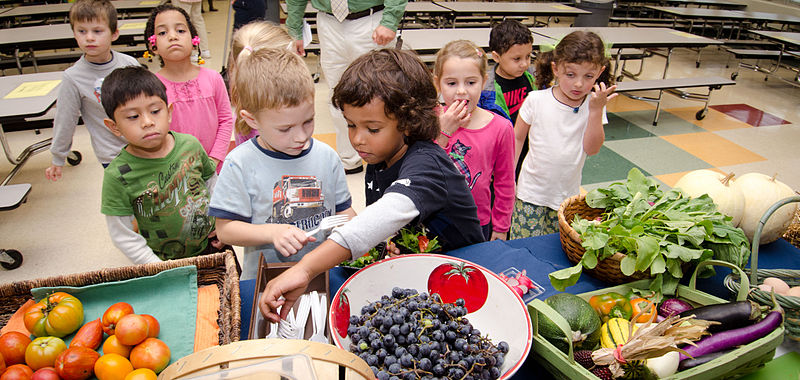Nutrition and Academics
March 17, 2019
There are a variety of different foods that can help someone with their academic issues. For example, grapes can help the brain retain more information. School can very well be a struggle for anyone of any age, and these following goodies and tips will definitely help the brain feel smart and more nourished.
A healthy and fair diet can be linked with a well achieved academic lifestyle. Scholars who do not eat an ample amount of vegetables, fruit, and/or dairy foods tend to get lower grades than those who meet those dietary needs. Shortage of certain vitamins such as A, B6, C, iron, calcium, etc. will also be associated with lower grades, absences and tardies throughout the student body population.
An ample amount of hydration, preferably water, may improve awareness in children and adults, which is very important for learning. Drinking water has many benefits: the improvement of energy, prevention of headaches, better digestion and enhanced muscle performance.
There are numerous amounts of different techniques to help someone have a well-balanced diet on a daily basis. Following them can very well improve school day performance in class and daily living activities.
Before heading out each morning, remember to eat a quick snack. Instead of junk food, consider carrots and a little Ranch dressing. Don’t forget to stay hydrated by drinking plenty of water.
Publilius Syrus, a Latin philosopher, evidently knew the benefits of living well in 40 B.C. We need to follow his advice: “Good health and good sense are two of life’s greatest blessings.”




































